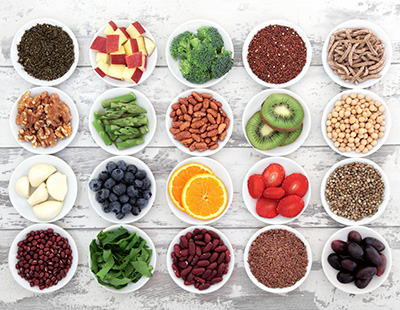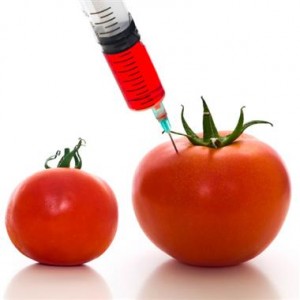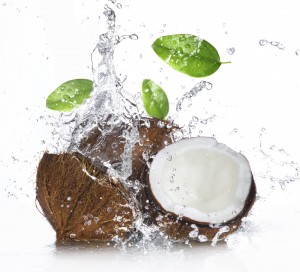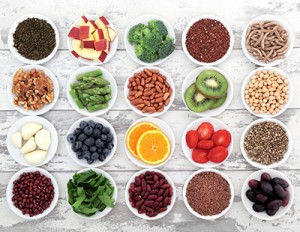 Many of the Essential Oils available on the market today are extracted from plants that often double as spices or flavoring agents. This leads many to wonder if they can cook with their Essential Oils and the answer is yes! Food grade Essential Oils can be used to flavor candies, baked goods, soups, and other savory dishes.
Many of the Essential Oils available on the market today are extracted from plants that often double as spices or flavoring agents. This leads many to wonder if they can cook with their Essential Oils and the answer is yes! Food grade Essential Oils can be used to flavor candies, baked goods, soups, and other savory dishes.
However, because these oils are incredibly potent you will need to use a great deal less than you would with regular spices. For example, herbal based oils such as basil and thyme have a ratio of one drop of oil for every teaspoon of loose spice.
When using citrus based oils such as lemon, lime, or grapefruit in place of a peel or zest, the flavor is a little more forgiving and you need not fear overpowering your dish. In your given recipe, replace one tablespoon of zest with 1/8 of a teaspoon of your corresponding oil.
You can even use Essential Oils for baking as a replacement for alcohol based extracts (i.e. using peppermint oil instead of peppermint extract). Essential oils are significantly stronger than these extracts; a good place to start would be using ¼ of a teaspoon of oil for every whole teaspoon your recipe calls for. If you are using the oils to flavor chocolate, you will want to be very careful with measuring your Essential Oils. Aim for ¼ to ½ of a teaspoon per pound of chocolate to avoid overpowering the candies. Below are more tips for how to cook with essential oils. Read more









 Tackling your sugar addiction may seem like an insurmountable task, especially since one sugary snack tends to lead to another and then maybe even another. You are not alone when it comes to overindulging in sweets. When you consume simple carbohydrates you rapidly sate hunger with the added bonus of a quick energy boost. Unfortunately, your body metabolizes simple carbohydrates just as fast, leaving you hungry soon after.
Tackling your sugar addiction may seem like an insurmountable task, especially since one sugary snack tends to lead to another and then maybe even another. You are not alone when it comes to overindulging in sweets. When you consume simple carbohydrates you rapidly sate hunger with the added bonus of a quick energy boost. Unfortunately, your body metabolizes simple carbohydrates just as fast, leaving you hungry soon after.
